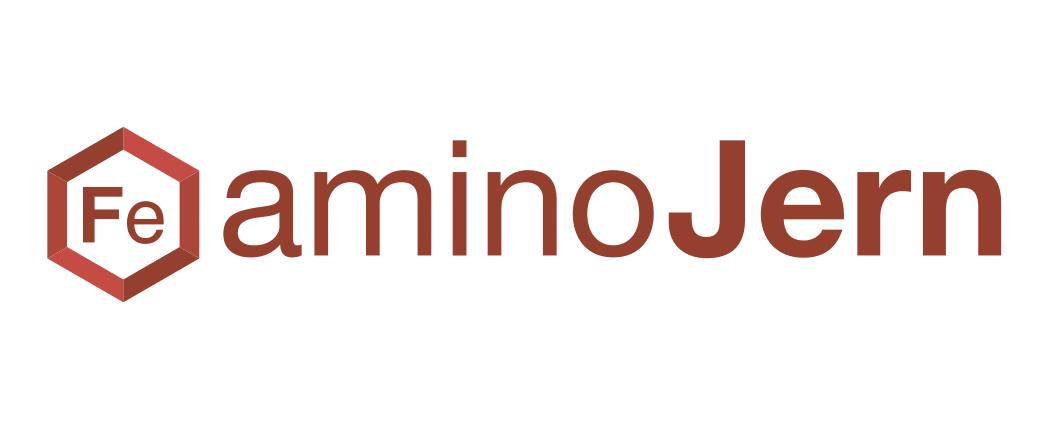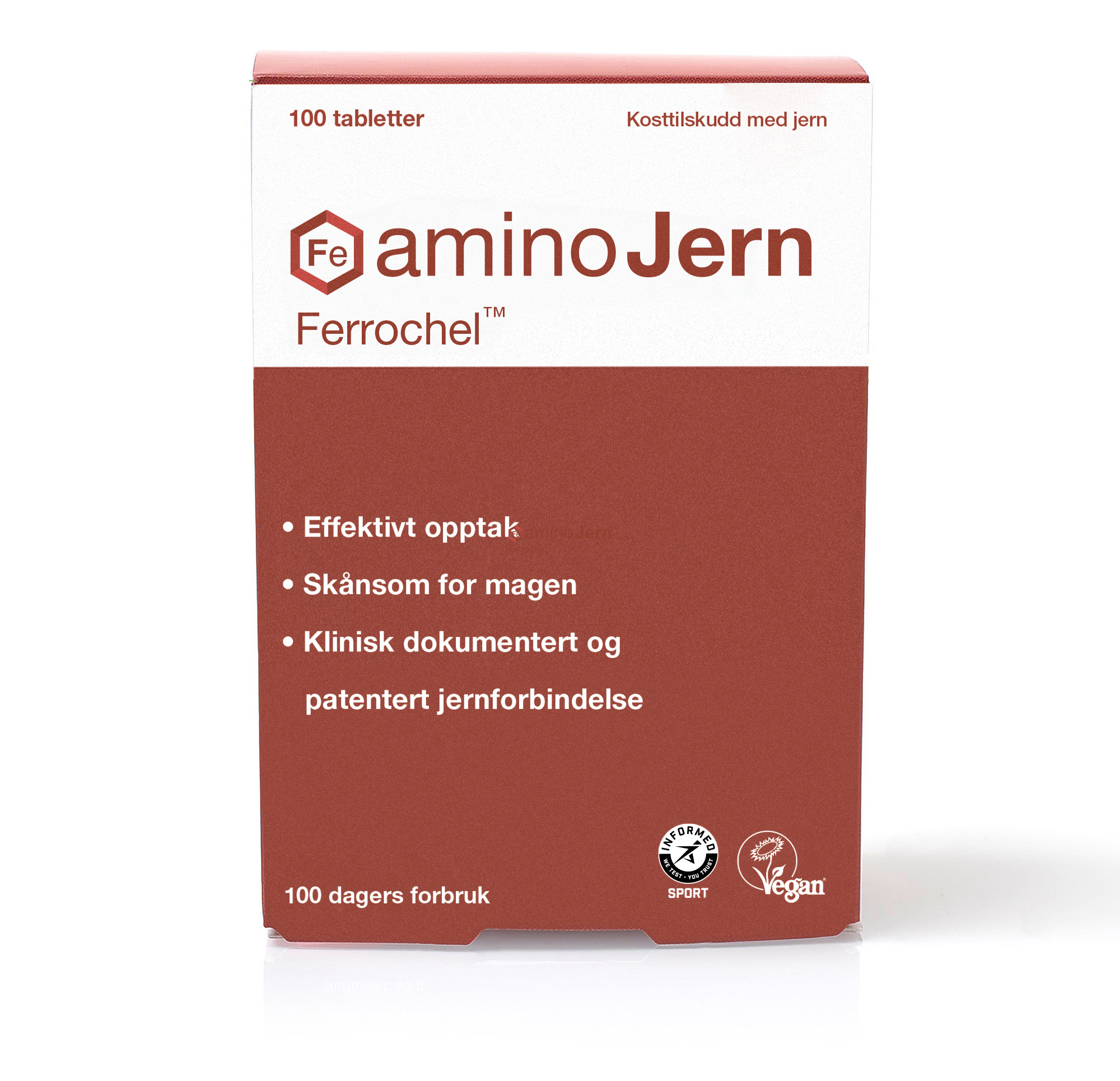
People who exercise a lot should take particular care to avoid low iron levels. Sufficient levels are essential for oxygen transport to the muscles and the body's ability to produce energy, and a lack of iron can both inhibit the training effect, reduce endurance and weaken general physical performance over time.
Iron contributes to increased muscle tissue
Iron contributes significantly to the formation of muscle tissue (myoglobin). Muscle tissue binds oxygen as a reserve for use during high levels of physical activity.
When you exercise regularly, your blood volume will increase, as well as the amount of red blood cells per liter of blood. Therefore, you will be better able to transport oxygen to your muscles and CO2 out of your body.
aminoIron - also for those who train a lot and hard
The Danish canoe and kayak team have tried amino iron themselves. The team's hard training made their iron levels very low, and the traditional iron supplements were not good enough to maintain iron levels. The team's doctor gave the athletes amino iron, which helped get the rowers back to competitive iron stores.
Iron and physical activity
If you experience symptoms of low iron levels and are often in physical activity, this will lead to a reduced ability to perform and exercise as desired. Activities such as running and cycling require the body to have enough iron to transport oxygen around the cells. Endurance capacity is greatly affected if an athlete experiences symptoms of iron deficiency. To avoid iron deficiency, it is important to have a healthy and varied diet, as iron is only absorbed through the diet.
If you experience symptoms of iron deficiency, it is recommended that you contact your GP to check whether you have iron deficiency and whether an iron supplement will be necessary.
Active/athletes
aminoJern is certified by Informed Sport , a global quality standard that guarantees that the dietary supplement is safe and doping-free . This certification is particularly important for active people and athletes, as it ensures that the product has been thoroughly tested and can be used without the risk of unwanted doping problems. For athletes who want to optimize their iron intake, aminoJern is a safe product that supports oxygen transport and energy levels. The Informed Sport label creates trust and confirms that the product meets high standards of quality and purity, which are essential for those who want to perform at the highest level without compromise.


